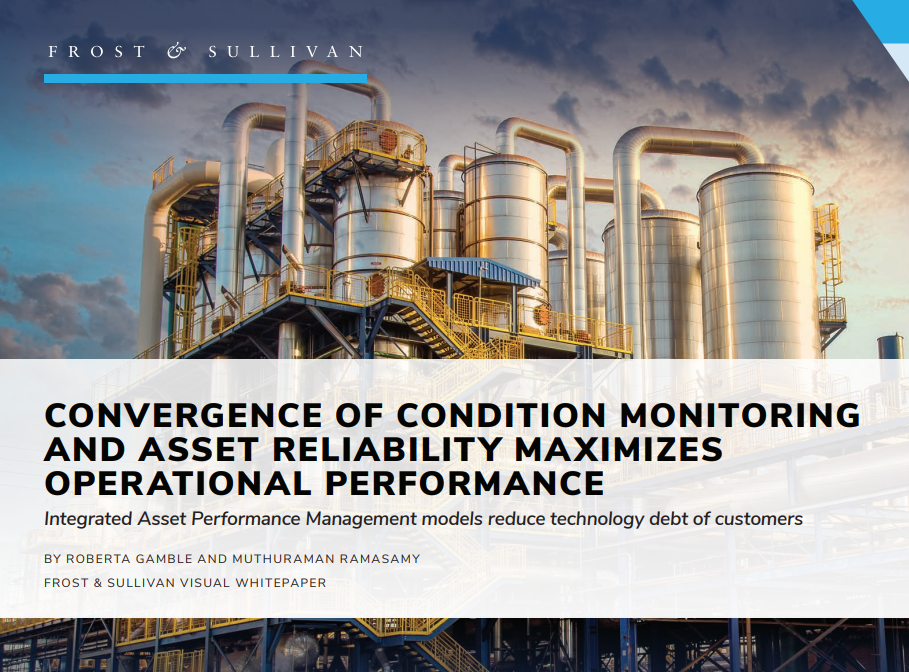
Fonterra Cooperative Group is the world's largest exporter of dairy products, a leader in dairy science and innovation, owner of a significant portfolio of brands in Asia Pacific, and a partner to many of the world's leading food companies. Fonterra is headquartered in New Zealand, with offices in more than 40 countries worldwide.
The Problem
Fonterra's twenty-six New Zealand dairy processing sites experienced many of the same problems, mapping with trends in the dairy industry as a whole. When a problem occurred at one of Fonterra's sites, the company tried to address it. When the operations team called, the corrective action team was very responsive, soliciting ideas from people who played different roles in the plant, along with suppliers and contractors.
Ultimately, though, Fonterra's corrective action program was not meeting the objective to increase availability and reliability of equipment and systems. The company recognized it would need to improve corrective and preventive maintenance best practices by performing more effective and conclusive investigations on plant breakdowns.
After evaluating a handful of root cause analysis programs based on their suitability to meet the company's needs, Fonterra chose ARMS Reliability as its provider of Apollo Root Cause Analysis training and consulting. Fonterra then invested in training employees and conducting root cause analyses, which was considered successful not only because RCAs yielded important findings, but because more people were engaged in and supportive of the corrective action process.
However, Fonterra recognized that because each of its 26 sites was approaching RCA in a different way, its RCA program would not truly deliver the desired results. A company-wide strategy was necessary to eliminate conditions like these:
- RCA was at risk of becoming a "flavor of the day" because people knew RCA was a big investment of training dollars and time, but did not see the value.
- To people at the site management level, RCA was little more than a buzz word. They did not know exactly what RCA was, how it was implemented, or what value it could deliver.
- Few of the trained individuals were actually utilizing their newly acquired skills. One reason was the ad hoc basis for choosing the participants, training levels, and assigned roles.
- Maintenance and operations personnel exhibited stereotypical tension - maintenance struggled to earn buy-in and engagement from plant operations.
- Opinions about the causes and solutions differed and could not easily be reconciled.
- RCA quality and results were inconsistent.
- Corrective actions were housed in different document formats and filed away where they were rarely accessed, so follow- through was inconsistent and tracking was nearly impossible.
- RCA findings and results were not communicated or celebrated so others could learn from them. Reports were kept in a variety of formats and locations.
The Solution
Fonterra appointed a root cause analysis program champion dedicated to RCA, so real traction and value could be delivered. Knowing that a more consistent approach would deliver better RCA results, the champion's mission was to institutionalize root cause analysis throughout the organization, in other words, to "engrain RCA into their psyche as the way we problem solve."
The Outcome
Fonterra has achieved a reduction in maintenance, expenditures and catastrophic failures. Processing capacities have increased and product specifications have improved. RCA is being well utilized; with over 500 RCAs conducted annually.
As problems are fixed, the trigger/threshold levels indicating when an RCA should be conducted continue to be raised. The RCA program continues to deliver value and results, so people remain engaged.
Throughout the organization, there is a solid understanding of root cause analysis and program champions no longer drive the process alone because operations people take initiative.
A strong partnership has formed between maintenance and operations. Guided by a structured process, people from different viewpoints developed respect and achieved results together.
Senior managers are connected to the real issues at a high level appropriate to their roles and RCA has become an integral part of a broader "Operational Excellence Program."
RCA is no longer seen as a project, it is seen as part of "business as usual" and was a helpful component to have in place and integrate when Fonterra launched LEAN.

Questions? We'll put you on the right path.
Talk to us about how we can help you implement an effective Root Cause Analysis program. We are here to help.
Contact Us
